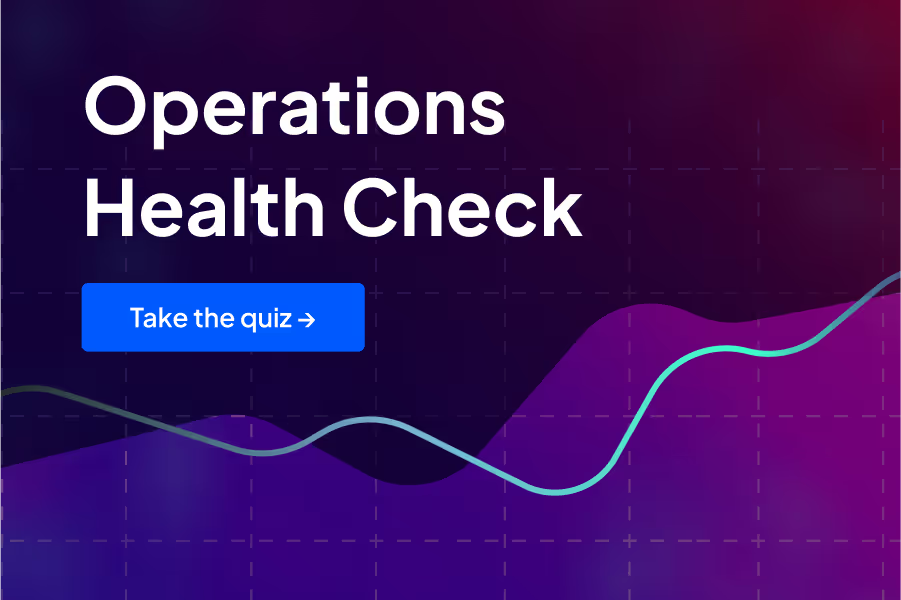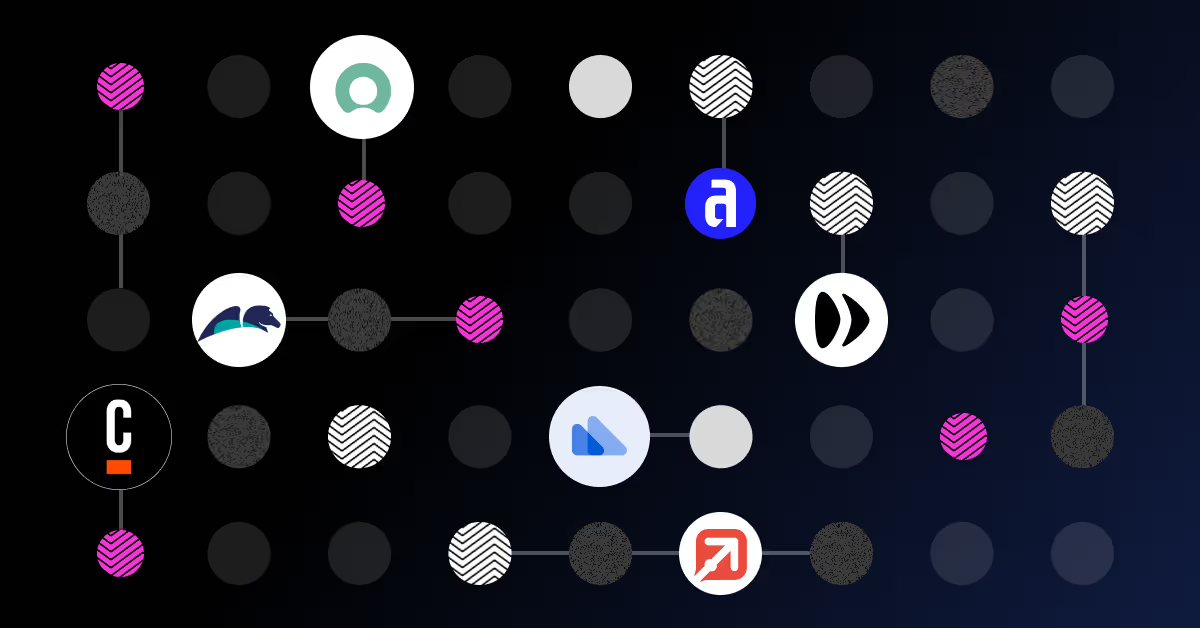Digital transformation helps PE firms to increase the value of their portfolio companies (2026)
.webp)
As a forward-looking private equity firm, your value creation strategy extends far beyond financial engineering. Whether your team includes an Operating Partner or not, your firm will still be advising portfolio companies on operational improvements, strategic initiatives, and efficiency gains that can help to drive enterprise value.
But there's one major stumbling block that can undermine your work to increase your firm’s return on its investments. Outdated operational infrastructure within portfolio companies really put a pin in progress.
Too many businesses in private equity portfolios are still running critical operations on spreadsheets, email chains, and legacy systems that fragment data, lead to manual mistakes and majorly slow down the decision-making process.
Every hour that management teams at your portfolio companies have to waste reconciling data, chasing approvals, or managing manual processes is time taken away from growth initiatives and market expansion.
As a strategic advisor and a trusted partner, your PE firm is perfectly poised to help portfolio companies undergo a digital transformation process that can help them overcome those issues.
Why operational inefficiency undermines PE value creation
Your firm probably has sophisticated analytics, reporting capabilities, and strategic oversight tools for its own funds. But when it comes to the internal operations within your portfolio companies, it’s often a very different story.
If your firm has invested in mature service businesses or B2B enterprises it’s almost certain that those businesses will be wrestling with legacy systems, disconnected processes, and manual workarounds.
Any newer service-based startups or scale-ups that your firm invests in might have embraced cloud-based tools from day one, but that doesn’t mean all of those tools are tech stack agnostic. In fact, there’s a good chance that many of them will still be disjointed and disconnected, resulting in disparate datasets that are harder to reconcile and don’t offer the full picture of the business’s operations.
Overcoming operational challenges within portfolio companies
Your portfolio companies probably face common operational challenges that can seriously stunt their growth, such as:
- Data fragmentation across IT systems and teams
- Legacy technology that’s patched together with manual processes
- Scaling constraints that arise because of process bottlenecks
- Complex reporting requirements, particularly for financial services businesses or other service-based companies in regulated industries
- Cybersecurity risks from disconnected operational platforms.
When you’re advising your portfolio companies on overcoming these challenges, the key is to start with a strategic approach to digital transformation that aligns with PE value creation principles…
Engage the operational leadership. Ensure you have buy-in with the portfolio business’s management team by clearly connecting operational improvements to their business priorities and capabilities.
Start with the highest-impact processes first. Target operational bottlenecks that directly constrain strategic initiatives.
Integrate, don't bolt on. Help portfolio companies to build process orchestration solutions that fully integrate with the company’s financial, reporting and workflow systems, rather than bolting another disjointed IT system on top.
Prove value quickly. Demonstrate ROI through specific process improvements before expanding scope.
How process orchestration helps portfolio company value creation
Process orchestration is one technology solution that enables B2B service businesses and enterprises to work from one cohesive system. It allows you to streamline operations, connect siloed teams, tools and processes and manage your workforce without the fear of service slips.
Financial reporting and reconciliation
Portfolio companies need to deliver accurate, timely financial reporting that enables data-driven decisions. Manual reconciliation and fragmented IT systems create delays and errors that undermine your oversight capabilities.
Orchestrated workflows can solve this by automating month-end processes, standardising reporting formats, and providing real-time visibility into operational performance, meaning you and the portfolio operations team have the insights you need for resource allocation decisions or strategic pivots.
Compliance and risk management
Regulatory requirements, from ESG reporting to sector-specific compliance, are intensifying across most industries and geographies, and that’s particularly true in regulated service sectors. The key is the creation of operational systems that can adapt to evolving requirements while maintaining audit trails and consistency.
Workflow orchestration is invaluable here, creating structured, repeatable compliance processes that can scale with regulatory changes, reducing risk exposure whilst freeing management attention for strategic priorities.
Operational process optimisation
From employee onboarding, to data handling, to customer service workflows, both mature service businesses and smaller startups or scale-ups often have a lot of hidden manual processes, which not only tend to reduce business efficiency and create operational bottlenecks, but also carry a much higher risk of human error. Process mapping, optimisation, and automation can eliminate those manual processes, making your portfolio companies more efficient and better positioned for growth.
Operational scaling for growth initiatives
When your portfolio companies are planning market expansion, new product development, or the integration of a business that they’ve acquired, operational bottlenecks can derail the execution of these strategic changes. Manual processes that just might have worked at a smaller scale will almost certainly become growth inhibitors at this level.
Process orchestration can help to break those operational bottlenecks too, mapping and automating core operational processes and ensuring that growth strategies aren't constrained by operational capacity.
Contract and SLA management
Customer agreements, SLAs, and compliance documentation are strategic assets that require systematic management. Automated intake, extraction, and review workflows can reduce legal and commercial risks, which is particularly important for service-based portfolio companies, as they often have business models that are heavily reliant on contract management and SLAs.
Board reporting and investor relations
Your strategic oversight of your investments requires consistent, accurate reporting from portfolio companies. Version control chaos, manual data mergers, and reporting delays undermine your ability to provide timely guidance and maintain LP confidence.
Automated reporting workflows can help eliminate those manual errors, while also standardising reporting formats and accelerating delivery.
This is where Enate comes in
We help portfolio companies build the operational infrastructure needed to scale without chaos. You keep what works, we orchestrate the rest. This solution gives you structure, visibility, and control across your operations. By leveraging Enate’s process orchestration and AI solution you can pivot easily, scale efficiently, and deliver consistent performance that supports your investment thesis and exit strategies.




